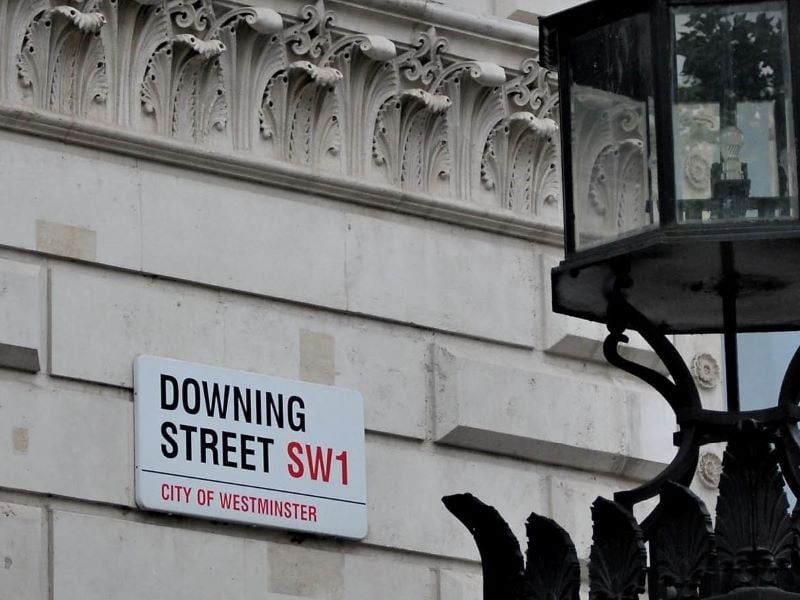Campaigning
Since September 2020, the majority of PSHE education has been compulsory in schools.

We successfully led the campaign to improve the status of PSHE education in schools.
Before September 2020, PSHE was effectively optional. It suffered in relation to other subjects due to lack of statutory status.
There was clear support for statutory PSHE education from a broad coalition of organisations and individuals. These included national charities focussed on child safety and mental health such as Barnardo’s and the NSPCC; police involved in child protection and exploitation prevention; five medical royal colleges; parliamentarians from across the political spectrum; parents, teachers and young people themselves.
We brought this coalition together to make the case. There were significant successes along the way – with support from five Commons’ committees, the chief medical officer, Children’s Commissioner and many others.
Thankfully, the government agreed. The Children and Social Work Act made our efforts a reality. Well, most of them at least. The Act introduced compulsory Relationships Education in primary schools and compulsory Relationships and Sex Education in secondary schools. And after widespread consultation Health Education (both mental and physical) became statutory from key stages 1 to 4.
This statutory content – now often summarised as ‘RSHE ’– represents the majority of PSHE education. Efforts now turn to making sure it is implemented well in all schools, through regular lessons and a well-sequenced curriculum.
And at the same time, we will continue to press for the ‘E’ in PSHE Education – representing economic wellbeing and careers – to be statutory as well.

-
Large library of lesson plans with Quality Mark accreditation
-
Member-only training and events
-
Email updates and helpful tips
-
Support from our Subject Specialists
-
National community of 50,000+ PSHE professionals



